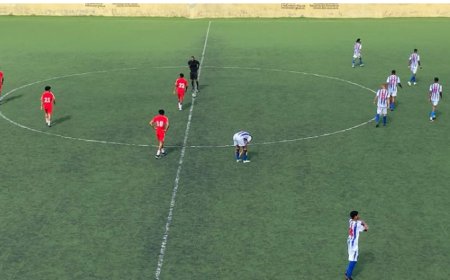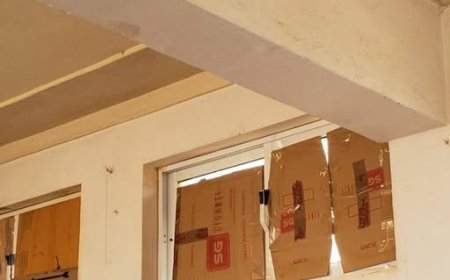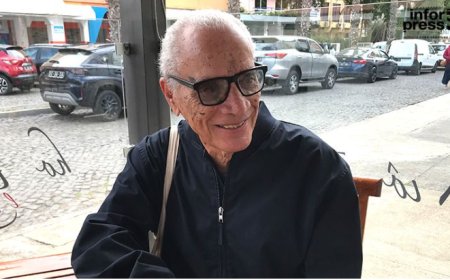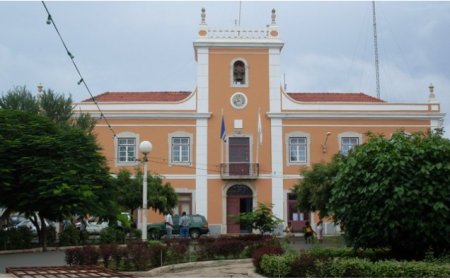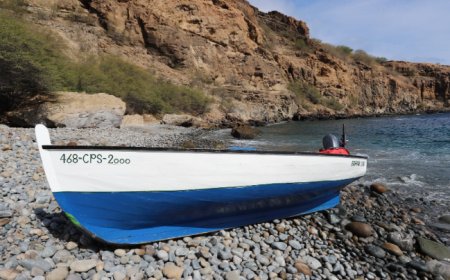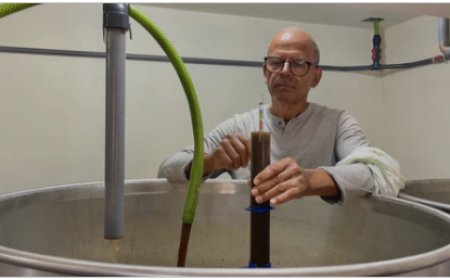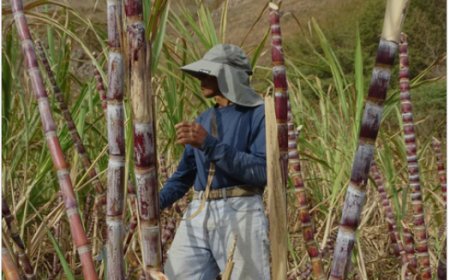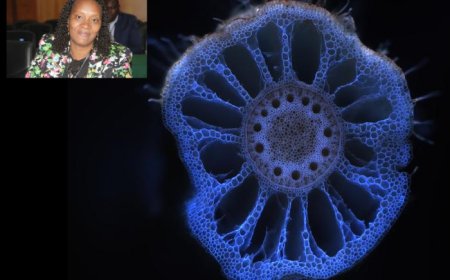Cape Verdean language around the world: Cape Verdeans create 'Kriolish' platform to translate from English to Creole
The Cape Verdean digital platform “Kriolish” has made Cape Verdean Creole more accessible to Cape Verdean descendants in the diaspora. The Cape Verdean “google translator” has provided an experience of linguistic translation from English to Creole. The application wants to go further, include more languages and contribute to the integration of Creole into technologies.

It emerged in 2019 as a website for sharing expressions from the islands. In 2022, linguistic translations from English to Cape Verdean Creole began to be incorporated. Since then, it has been possible, through kriolish.com, to have access to expressions from the Cape Verdean oral tradition and translations of words, all with audio pronunciation.
The platform has proven useful for Cape Verdean communities in the diaspora, particularly in the USA, who have been learning Creole and getting closer to their roots.
“We have received many excellent comments from the Cape Verdean-American public. Every time someone discovers Kriolish, the reaction is always 'I've been looking for something like this for a long time'. This is very encouraging, as it validates that what we are building adds value”, explains Edmar Gonçalves, one of the founders of Kriolish, to A NAÇÃO.
Facilitate access to the Cape Verdean language
In addition to descendants of Cape Verde, Edmar believes that Kriolish proves useful for people in public positions and who seek to get involved with the local Cape Verdean community, but also for members of government programs such as the Peace Corps in missions to islands, as well as people who provide emergency services to Cape Verdeans who are not fluent in English, in the USA.
“Our mission is to make Creole as accessible as possible because, as we heard from the public, the main challenge is not the desire to learn Creole, but finding resources to do so”, he understands.
'Kriolish Expressions' has proven to be one of the main requests from users which, according to Edmar, who lives in the USA, shows that people, in addition to being interested in learning the language, want to connect with the culture in Cape Verde.
Officialization makes it difficult, but not a problem
Taking into account the existence of several variants of Cape Verdean Creole and to facilitate the translation process, the Kriolish platform provides translations in Barlavento and Sotavento variants. This division, as the co-founder explains, allows people to have a “gateway into Creole” and understand the diversity of the Cape Verdean language.
As he points out, although it is important that each island obtains the representation it deserves, by dividing the translations into Barlavento and Sotavento, each person can get closer to the variant of interest and, from there, continue with their own education in learning the language.
The fact that the Cape Verdean language is not yet an official language and that there is, in fact, no standardization in Cape Verdean writing, may make translations difficult, in the perception of Edmar Gonçalves, but he believes that “whether the language becomes official or not”, Kriolish will continue with its mission.
Users can collaborate
This is because anyone with a registered Kriolish account can add an expression/translation with definitions and examples of use in text, images, as well as pronunciation audio that can be recorded directly in the application, which subsequently go through a process check.
At the moment, Kriolish only provides translation from English to Creole, but the initiative's mentors say they are already working to promote the opposite and add, in the future, new languages and ensure the presence of Creole in technologies, particularly on social networks.
Kriolish was co-founded by Edmar Gonçalves and Suely Neves, born on the islands of São Vicente and Sal, respectively. Today the team is made up of five people who live in Cape Verde and the United States.
Published in the weekly edition of the newspaper A NAÇÃO, nº 848, of November 30, 2023





